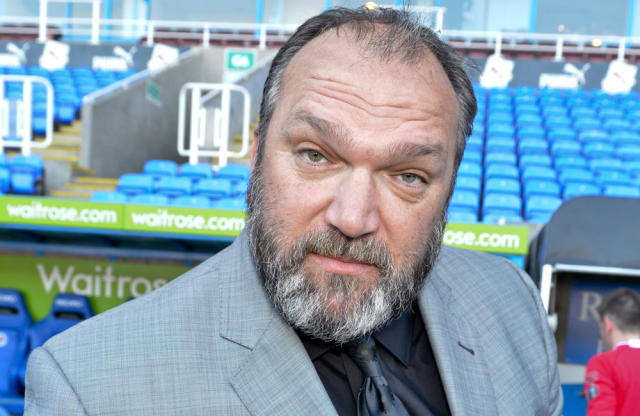Footballer Brain Injuries Compensation Looms: Campaigners Demand Justice
Footballer brain injuries compensation looms as campaigners press Parliament to take action. Proposed amendments to the Football Governance Bill could soon hold football’s governing bodies financially accountable for the long-term health issues faced by former players. Those living with dementia and other brain-related conditions are high on the list for the demands of support.

A Legacy of Suffering: Ex-Players Share Their Stories
Advocates argue that existing support, including the Brain Health Fund launched with £1 million by the Professional Footballers’ Association (PFA) and backed by the Premier League, is far from adequate. While the fund has assisted over 120 families with in-home and care facility costs, campaigners insist that it’s a drop in the ocean compared to the need.

Footballer brain injuries compensation looms large over the legacies of iconic players. From England’s 1966 World Cup heroes, several—including Jack and Bobby Charlton, Martin Peters, Ray Wilson, and Nobby Stiles—suffered from dementia before passing away. Their stories have become powerful symbols in a growing movement demanding that football authorities recognize the long-term impact of repeated head trauma.
Former players like Neil Ruddock have joined forces with MPs to amplify the message. Speaking to the media, Ruddock described the ordeal as “hell” for families and criticized the lack of awareness. “We didn’t know the risks. Heading 100 balls a day in training was normal—but now we know it could’ve cost us our futures” Ruddock said.

Political Momentum Builds Behind Reform
With footballer brain injuries compensation looming as a national debate, political support is building. Labour MP Chris Evans and Greater Manchester Mayor Andy Burnham are leading efforts to classify these brain conditions as industrial injuries. This would mirror how former miners received compensation for job-related illnesses.
Mr. Evans emphasized the moral obligation: “These players made the game what it is today—they deserve proper care and financial support.” Burnham echoed the sentiment, accusing the football establishment of being “in denial” and calling for systemic change.
An amendment under consideration states clearly: “The industry rather than the public should bear the financial burden.”
Football Authorities Respond—But Critics Say It’s Not Enough
The Football Association claims to be “reviewing and improving” safety standards and collaborating with other governing bodies. However, critics believe it’s too little, too late. With brain injuries compensation looming as a growing legal and ethical issue, pressure is mounting on the Premier League, PFA, and others to step up.
Meanwhile, public figures like David Beckham have lent their voices to the cause, raising awareness and urging reform. Campaigners hope this surge in support finally forces the industry to accept responsibility and ensure a better future for past, present, and future players.
Top 3 Trending Posts

